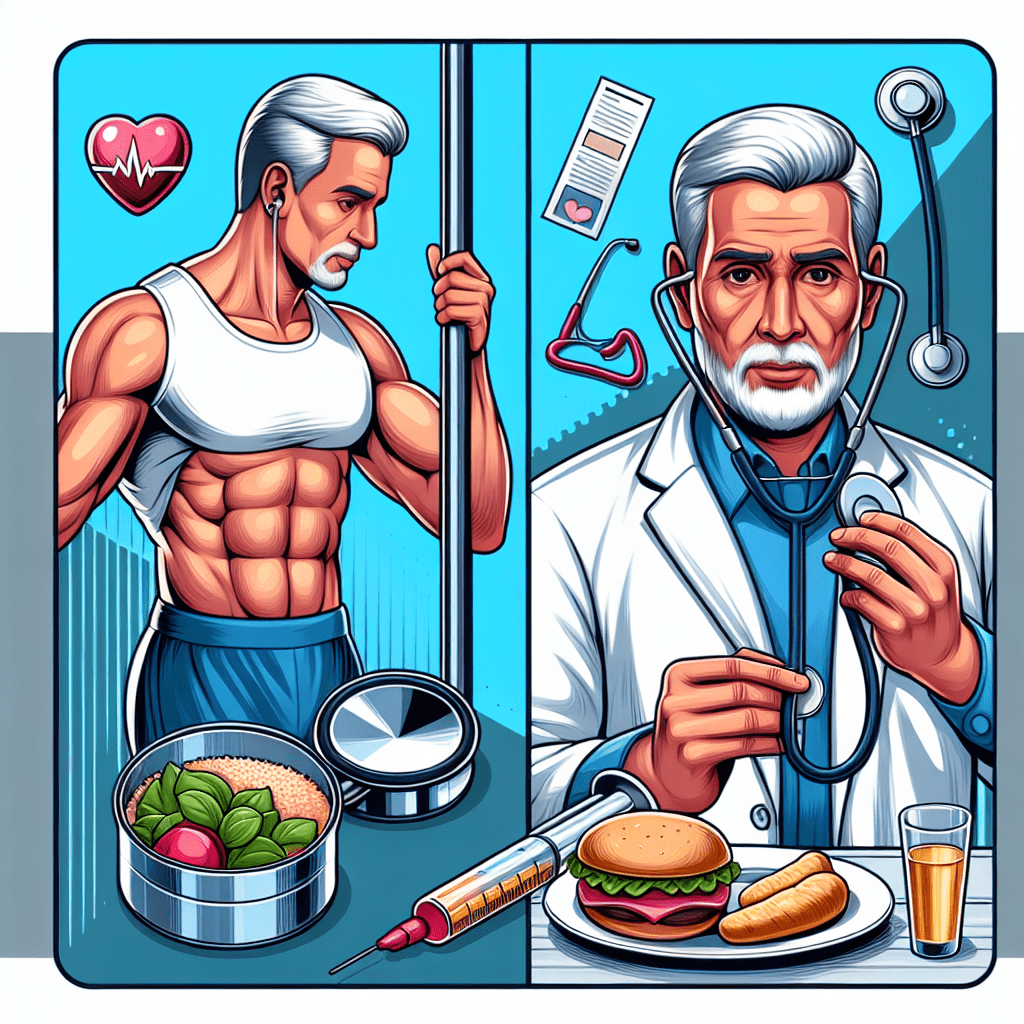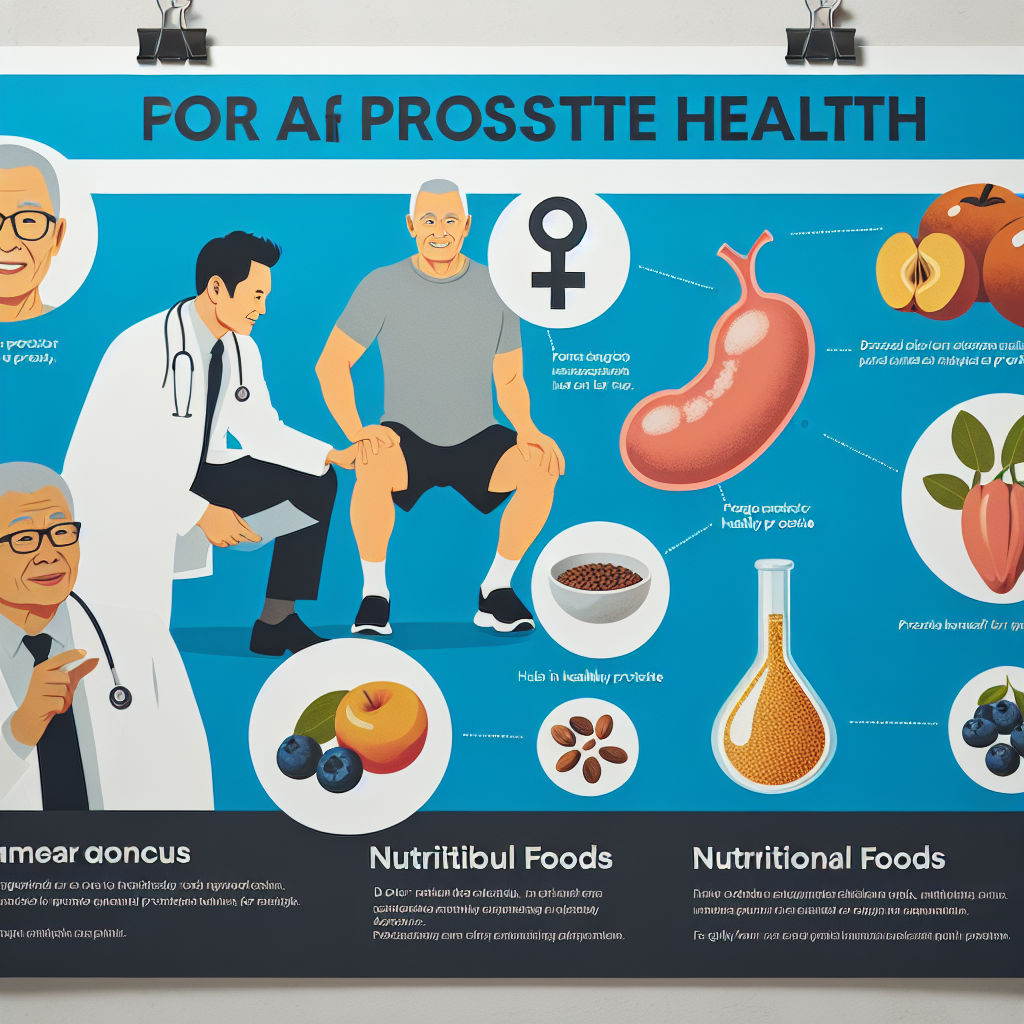
As men age, maintaining prostate health becomes increasingly important. For men over 60, the risk of prostate-related issues such as benign prostatic hyperplasia (BPH), prostatitis, and even prostate cancer rises significantly. Fortunately, there are several doctor-approved strategies that can help support prostate health and improve quality of life. In this article, we’ll explore expert-backed tips, lifestyle changes, and medical insights to help men over 60 take control of their prostate health.
Understanding the Prostate and Its Role
The prostate is a small gland located below the bladder and in front of the rectum. It plays a crucial role in male reproductive health by producing seminal fluid. As men age, the prostate often enlarges, which can lead to urinary issues and discomfort. According to the American Urological Association, over 50% of men in their 60s experience symptoms of BPH.
To better understand how to manage these changes, watch this video by a Californian urologist that explains the aging prostate and what you can do to support it naturally.
1. Prioritize Regular Screenings
Early detection is key when it comes to prostate health. Men over 60 should schedule regular check-ups with their healthcare provider, including:
- Prostate-Specific Antigen (PSA) blood tests
- Digital Rectal Exams (DRE)
- Ultrasound or MRI if abnormalities are detected
These screenings help identify potential issues early, when they are most treatable. According to the CDC, early-stage prostate cancer has a nearly 100% five-year survival rate when detected promptly.
For more insights on what to expect during a prostate exam, watch this video by a Californian urologist.
2. Adopt a Prostate-Friendly Diet
Nutrition plays a vital role in maintaining prostate health. Doctors recommend a diet rich in antioxidants, healthy fats, and anti-inflammatory foods. Consider incorporating the following:
- Tomatoes (rich in lycopene)
- Fatty fish like salmon (high in omega-3s)
- Cruciferous vegetables such as broccoli and cauliflower
- Green tea and soy products
A study published in the Journal of Urology found that men who consumed more vegetables had a 32% lower risk of aggressive prostate cancer. To learn how diet can influence your prostate health, watch this video by a Californian urologist.
3. Stay Physically Active
Exercise is not only good for your heart and waistline—it also benefits your prostate. Regular physical activity helps reduce inflammation, manage weight, and improve urinary function. Doctors recommend:
- 30 minutes of moderate exercise most days of the week
- Pelvic floor exercises (Kegels) to strengthen bladder control
- Stretching and yoga to reduce pelvic tension
In a Harvard study, men who exercised vigorously had a 25% lower risk of developing advanced prostate cancer. For a deeper dive into how movement supports prostate health, watch this video by a Californian urologist.
4. Limit Alcohol and Caffeine Intake
Excessive alcohol and caffeine can irritate the bladder and worsen urinary symptoms associated with an enlarged prostate. Doctors suggest limiting:
- Coffee to 1–2 cups per day
- Alcohol to no more than 1 drink per day
- Spicy foods and carbonated beverages
Reducing these irritants can significantly improve urinary flow and reduce nighttime bathroom trips. For more lifestyle adjustments that can ease prostate symptoms, watch this video by a Californian urologist.
5. Consider Natural Supplements
Some men find relief from prostate symptoms through natural supplements. While not a replacement for medical treatment, certain ingredients have shown promise in clinical studies:
- Saw palmetto: May reduce BPH symptoms
- Beta-sitosterol: Supports urinary health
- Zinc and selenium: Essential for prostate function
Always consult your doctor before starting any supplement regimen. To explore natural options that are doctor-recommended, watch this video by a Californian urologist.
6. Manage Stress and Sleep
Chronic stress and poor sleep can negatively impact hormone levels and immune function, both of which are important for prostate health. Doctors recommend:
- Practicing mindfulness or meditation
- Maintaining a consistent sleep schedule
- Limiting screen time before bed
Improving sleep and reducing stress can also help with nocturia (frequent nighttime urination). For more holistic strategies, watch this video by a Californian urologist.
Conclusion: Take Charge of Your Prostate Health Today
Prostate health is a vital aspect of aging well for men over 60. By adopting a proactive approach—through regular screenings, a healthy diet, exercise, and stress management—you can significantly reduce your risk of prostate issues and improve your overall well-being.
Remember, small changes can lead to big results. Whether you’re looking to prevent problems or manage existing symptoms, these
















